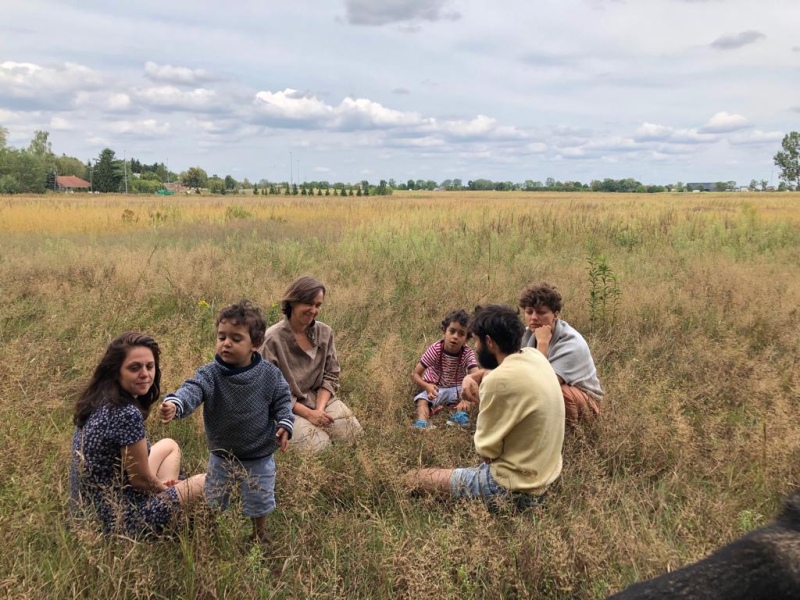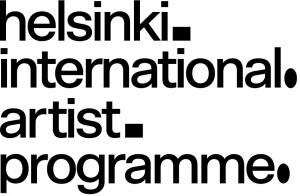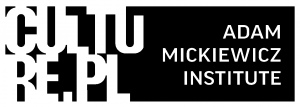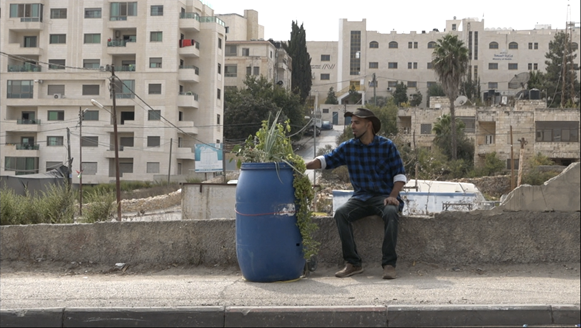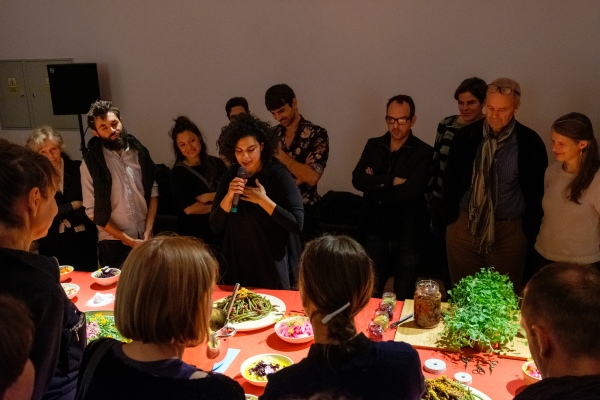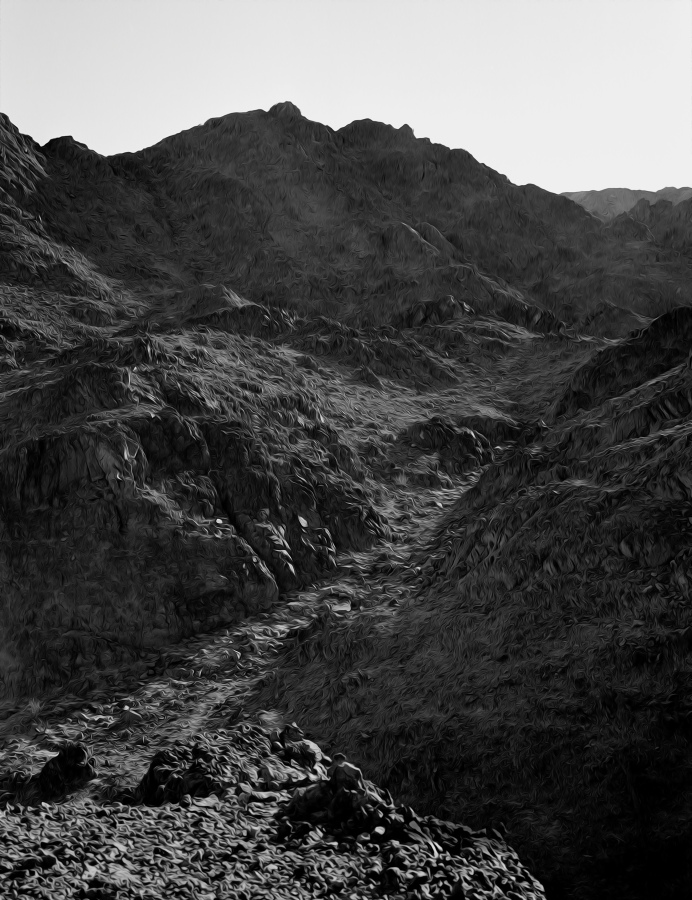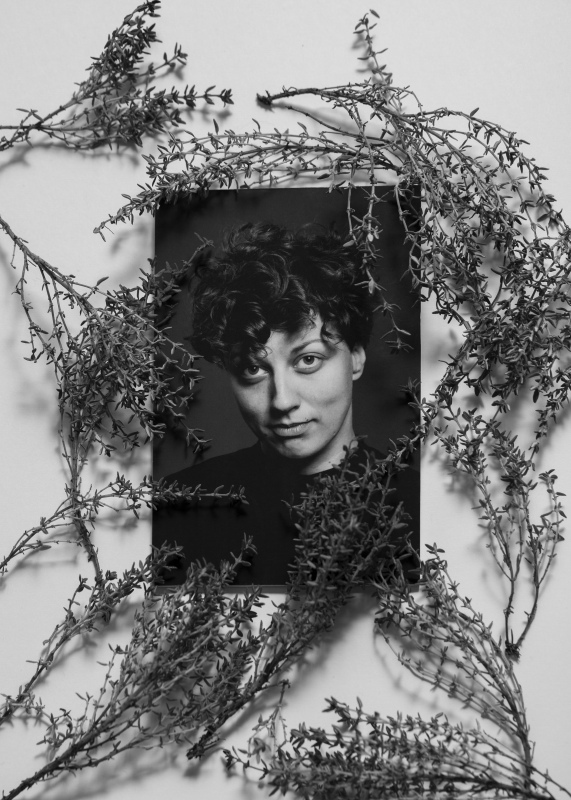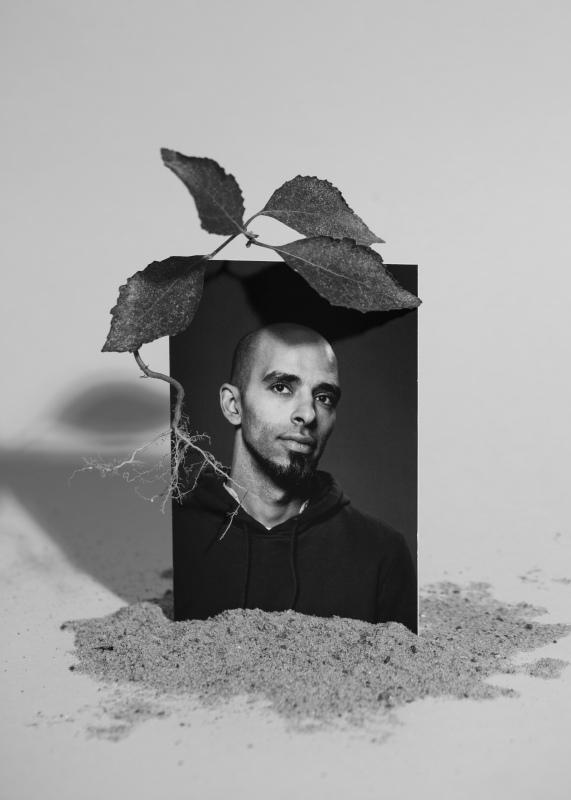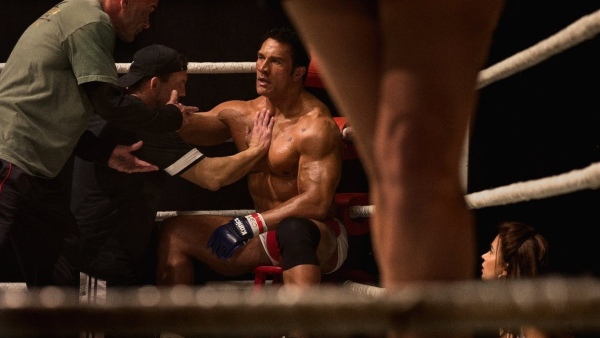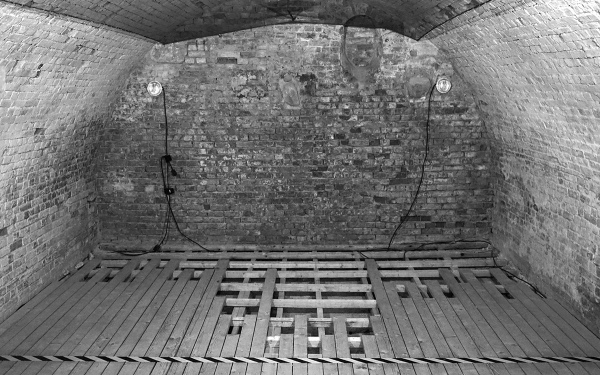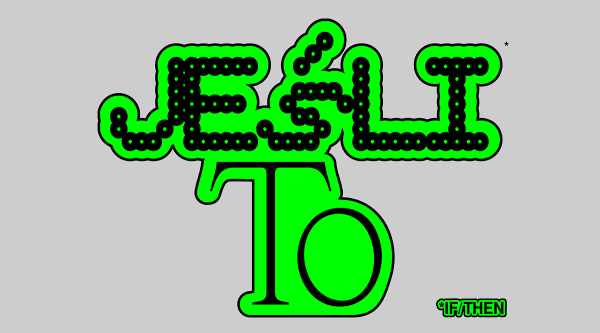Everyday Forms of Resistance
Mirna Bamieh, Karolina Grzywnowicz, Mohammad Saleh in Warsaw
In the summer and autumn of 2019, Ujazdowski Castle Centre for Contemporary Art is playing host to three artists on residence. Mirna Bamieh is a Jerusalem-based chef and performer. Bethlehem resident Mohammad Saleh is an educator, a designer and a permaculture practitioner. Karolina Grzywnowicz is a visual artist whose practice revolves around research on archival materials, interviews and oral records.
During the residencies at U–jazdowski, we conduct research and come up with circumstances in which people from different cultural, political, and geographical environments can learn from one another and exchange life experiences. We, thus, build relationships between individuals who otherwise would most probably never have met.
The Everyday Forms of Resistance project, scheduled over several years, enables artists from Europe to spend a number of months in Palestine learning and researching its day-to-day reality.
Karolina Grzywnowicz brought from Palestine a collection of songs sang in refugee camps and telling stories of exile. During her residency in U–jazdowski, the artist will focus on studying and compiling them. She has not, however, given up on her interest reflected in some of her recent works, that is: showing plants within the contexts of society and politics, both of which are often violence-ridden.
For Palestinian artists, the residencies at U–jazdowski are an opportunity to elaborate on the aspects they centre on in their everyday practice. Mirna Bamieh, having completed her education as a chef, initiated socially-engaged projects entitled Potato Talks and Palestine Hosting Society. In those projects, she uses food as an artistic medium. In Palestine Hosting Society, she researches the Palestinian culinary culture with particular attention to the dishes that are ever less often prepared. Bamieh is interested in social disturbance, limitations regarding contemporary political dilemmas, the politics of disappearance, and manufactured memory.
During her residency in Poland, Mirna Bamieh will complete an installation, which the visitors will be able to see at U–jazdowski as of mid-September, and deliver a performance, which is scheduled for October 5th. In both those works the artist draws on the concepts of preservation and fermentation. She sees those not merely as culinary practices, but also as social metaphors reflecting colonialism, death and sexuality. In September, Mirna Bamieh will also deliver workshop classes for the youth, and for senior citizens.
Mohammed Saleh has now been into agroecology for over a decade. He co-authored numerous eco projects, including Yaleekom completed to commission of the City of Ramallah. Within that last project, he designed five models of self-sufficiency for Palestinian refugee camps. In his practice he puts emphasis on ways in which humans can re-establish their bond with nature, learn from it, and live in harmony with it. During his residency in Poland, Saleh got to know Polish nature: the lakes, the meadows, the Białowieża Forest. His stay will be topped off with his participation in the inaugural public gathering premiering Everyday Forms of Resistance.
In early October, an international group of artists, Palestinian researchers, representatives of art institutions, and all the artists who have so far taken part in the project as residents will meet up at U–jazdowski. Inside a space specially designed by Mirna Bamieh, the participants will gather and talk about the experiences they earned in Palestine, the significance and importance of community, hospitality, and participation, and also: the role of artists, institutions and art itself within this politically and socially challenging context. ą dyskutować o rolisztuki sytuacji deficytui scenariuszach na przyszłośćThe events will be open to the public. .
The culmination of project will be the Everyday Forms of Resistance collective exhibition, scheduled to open on April 24th 2020.
Film: Marta Wódz
Film: Marta Wódz
Karolina Grzywnowicz on a residency at U–jazdowski. Film: Marta Wódz
